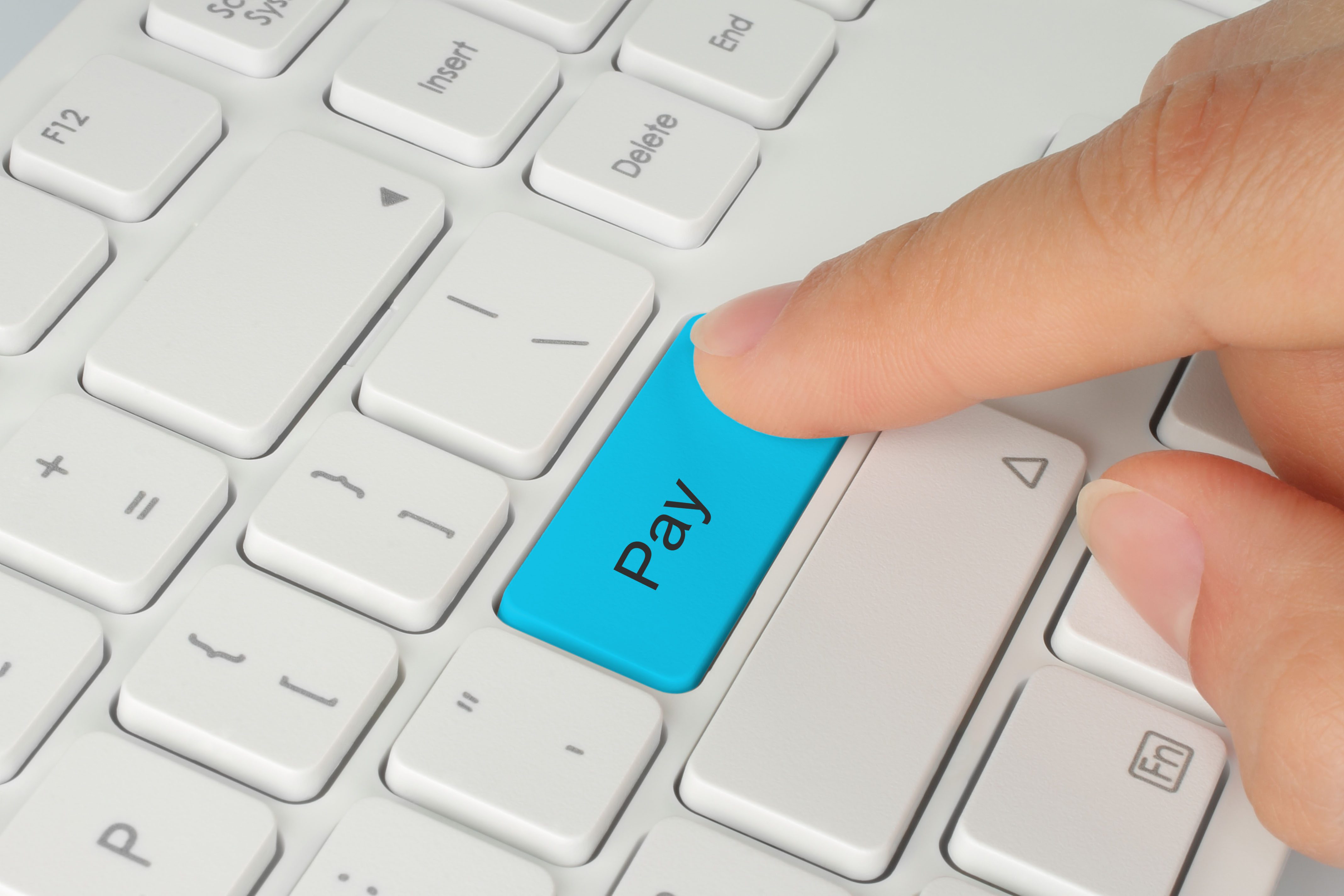Answer these 10 questions to explore the U.S. regulatory, consumer satisfaction, and cost implications of charging a fee for your bill payment service.
1. Do consumers get added convenience for the bill pay convenience fee?
Visa rules (on page 304) state convenience fees must be for alternative payment channels. This is why thousands of organizations charge fees for web, IVR and mobile bill payment systems, but not for paper checks sent via mail. The definitions at the bottom of this post distinguish convenience fees, service fees, and surcharges. Surcharges are allowed for in-person payments.
2. Do consumers get value in exchange for the bill payment fee?


Added convenience or avoiding a late fee are two of many sources of value that can support a consumer fee. For example, a consumer finance company increased customer satisfaction by introducing an expedited payment fee; this was in exchange for a new payment method that helps consumers avoid late fees. 27 million households will pay $800 million in expedited payment fees to avoid over $6 billion in late fees in 2015, according to Javelin Strategy & Research’s Expedited Payments Overview & Forecast: A Win-Win for Consumers, Banks & Billers.
If you are not adding new value at the time you are adding a fee, you may run the risk of upsetting some consumers. One of the largest companies in the U.S. migrated consumers from no fee to charging a fee for making bill payments with no consumer complaints. However, Verizon Wireless experienced consumer backlash when adding a consumer fee without adding incremental new value in exchange for the fee.
3. Will consumers who do not use this bill pay service benefit?
Many organizations elect to charge a bill pay service fee for card payments to avoid spreading the card interchange fees across the entire customer base. The bill pay service fee avoids inflating the base prices all consumers pay for products and services.
4. Can you navigate state laws on credit card processing?
A handful of states have laws that prohibit organizations from charging a surcharge for credit card processing. Organizations have responded by selecting a 3rd party provider to charge the service fee, dis-associating their brand from the fee. Thousands of organizations accept payments with a consumer fee from 3rd party walk-in payment providers like MoneyGram and from 3rd party providers that offer web, IVR and mobile bill payment systems.
5. Do consumers want to use a credit or debit card for your bill pay service?
Credit, debit, and prepaid debit cards will be used to pay for 43% of all bills by 2016, according to Aite Group’s How Americans Pay Their Bills report.
6. Is there a precedent in your industry for charging a fee?
Consumer finance, higher education, insurance, government, utility, telecom, accounts receivables management and other industries already have the precedent of bill pay service fees for consumers making bill payments.
7. Do you offer other bill payment service options with no fee?
Offering options that are free for consumers to pay their bill, such as through a check sent via mail, gives consumer the choice as to whether they elect to pay the fee or not.
8. Does charging a fee for your bill payment service benefit your business model?
Many organizations operate on thin margins. They want to satisfy consumers looking to pay with a card, yet absorbing these fees is not easy to justify financially.
9. Is the fee for a non-recurring bill payment?
Visa’s rules prohibit charging a convenience fee for Visa recurring card payments (see page 305 of the Visa Rules). There may be an exception for recurring tax payments.
10. Is the fee clearly disclosed to the consumer?
Not only does this prevent upsetting consumers, it complies with Visa rules.
Conclusion: Do you have more questions? We’re happy to share what we’ve learned working with 3,600 organizations accepting bill payments across the U.S. Email your questions to [email protected].>
Definitions:
Convenience fees: convenient or alternate payment channel is what enables the merchant or organization to charge a fee.
Surcharge: accepting a credit card payment is what enables the merchant or organization to charge a surcharge according to Visa. This is distinguished from a convenience fee in that no added convenience must be added to charge a surcharge.
Service fees: 3rd party payment processor charges the fee in exchange for the service of processing the payment. This is similar to Fedex charging for the service of delivering packages.
This should not be considered legal advice…I am a payments geek, not a lawyer.












